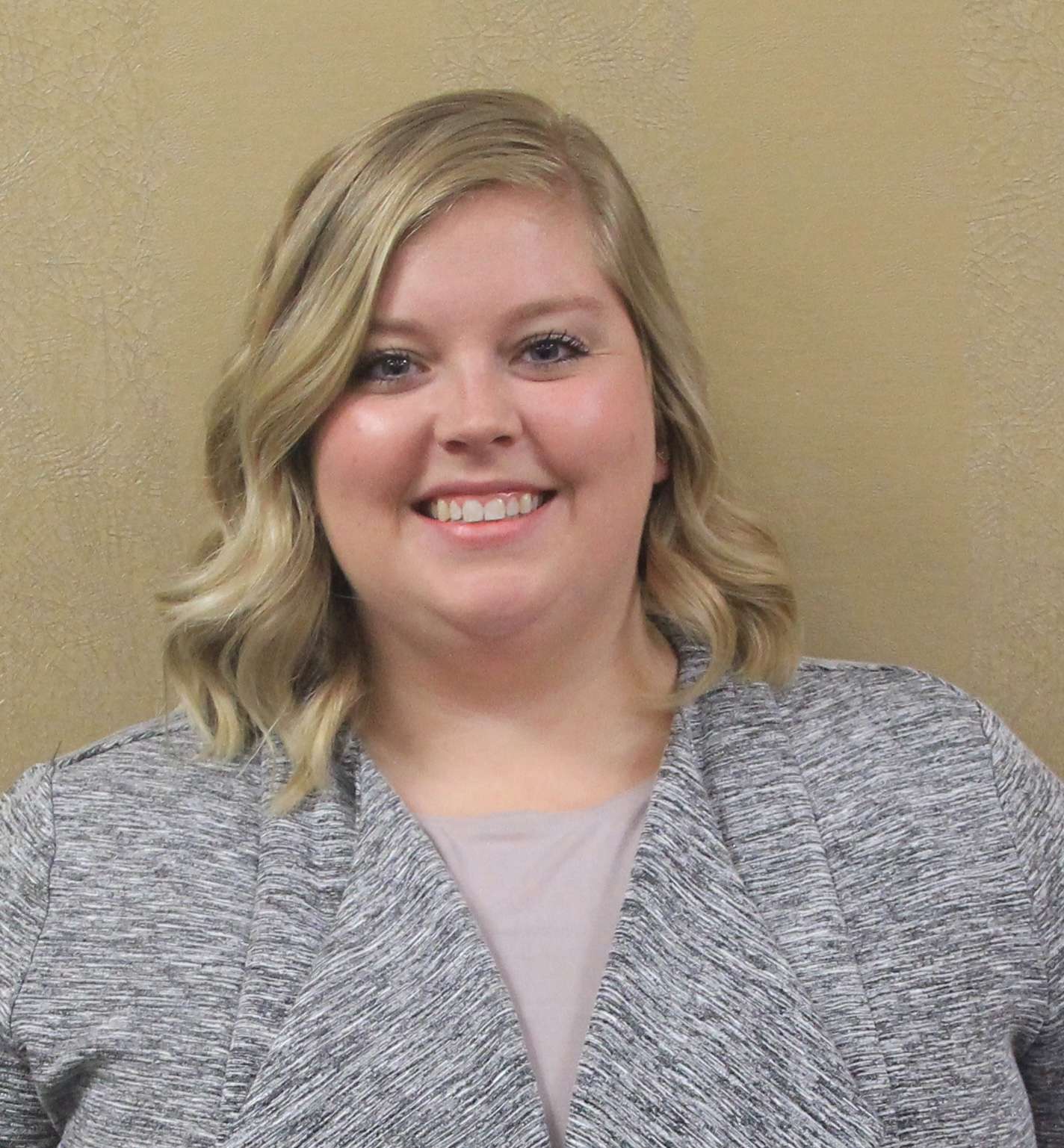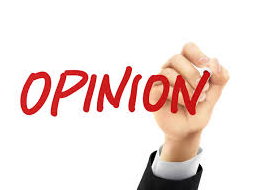
Professors of political science are in a unique position to not only impart academic knowledge, but to build better citizens. I give students the trust, resources, engagement, and invitations they need to participate. Then I encourage them to put those civic skills into action.
I teach my students how to think, not what to think.
Our young people have the opportunity to shape the communities we live in and in recent years they have started to participate in droves, especially young women.

Earlier this year, United WE, an evidence-based, nonpartisan organization dedicated to unlocking women’s economic and civic leadership, released new research that illuminated progress made by Kansas women but also showed barriers to their economic potential. While several issues impact women’s ability to fully participate in the workforce, barriers to childcare stands out as a pressing issue in Kansas that even garnered national attention.
In Kansas, about 29% of a working mother’s salary is spent on childcare costs alone, making Kansas childcare costs as a percentage of salary one of the highest in the country. Kansas womenalso represent a higher share of the labor force than the rest of the country, however, the gender earnings gap is wider in Kansas. For Kansas women, 73.5% are employed while only 69.6% of U.S. women participate in the labor force. Women in Kansas earned 78 cents for every dollar earned by a Kansas man in 2020.
In addition to the research report, United WE has been hosting a Town Hall Series across the state that is listening to Kansas women and allies share their stories about barriers they’ve faced in the workplace. The research statistics are compelling, but real-life stories provide eye-opening insights into often unspoken challenges:
•“I miss so much work trying to keep up with my licensure…for work.”•“They hired me because I was twice as qualified as anyone else, but I was still paid less.”•“At 34, I got my first job with health insurance.”•“I know if I have anotherchildI won’t be able to keep my job financially due to childcare expenses.”•“No matter what status or position us women are in, we are all experiencing the same struggles.”
These stories from the Town Halls highlight barriers impacting women in the workplace and entrepreneurship, including occupational licensing, pay equity, healthcare, childcare, and more. According to the McKinsey Global Institute, the Kansas economy can grow by 10-15% by 2025 if women are fully participating in the workforce. To recruit and retain women in the workforce and grow our Kansas economy to its full potential, we need to come together and make progress in these areas.
There is a virtual statewide Town Hall by United WE on August 24 from 12:00 p.m. to 1:00 p.m. This event is open to all women and allies and includes a Spanish translator and a $10 gift card for all participants. The stories heard will be combined into a comprehensive report and used to create bipartisan policy reform for all Kansas women.
Please join me at the virtual statewide Town Hall to speak up about issues that will make our state thrive, our economy stronger, our women empowered, and a place for our young people to be proud to live for years to come.
Alexandra Middlewood, PhD is an Assistant Professor of Political Science at Wichita State University.






